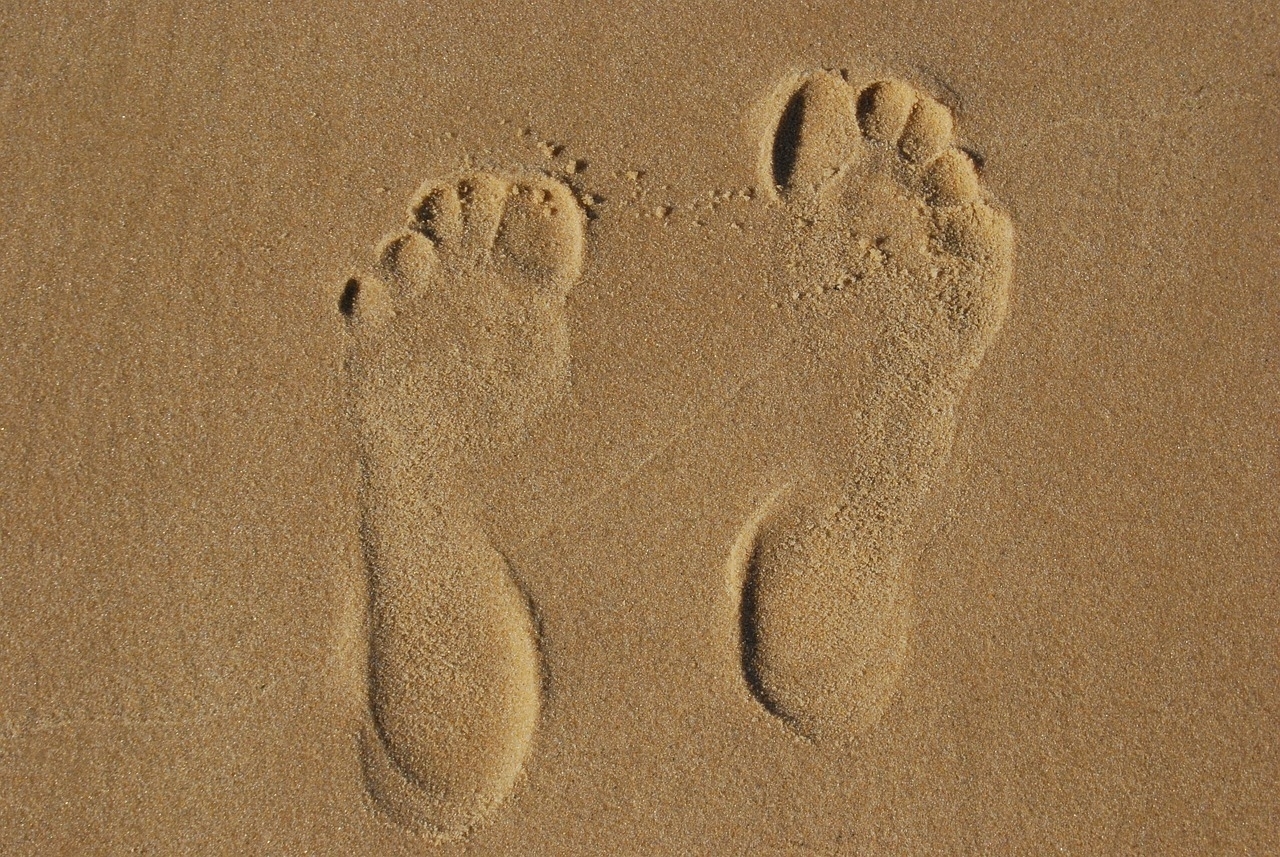How to set your own agenda
Harrison Owen, who died in March 2024, invented one of the most hopeful approaches to group facilitation I’ve ever come across. He called it ‘Open Space Technology’ (OST), but it was far from hi-tech. In fact, the main ‘technology’ was simply in how people in a group setting can interact fruitfully with one another, even when they really don’t agree.
“Peace of the sort that brings wholeness, harmony, and health to our lives only happens when chaos, confusion, and conflict are included and transcended.”
- Harrison Owen, creator of Open Space Technology.
I first came across Open Space as a means of organising workshops in highly contested political spaces.
In the UK during the 1980s and early 1990s progressive social activity was constantly undermined by Trotskyites (or whatever they were) striving to co-opt social movements for their own ends. There was always a risk that as soon as you set up a committee of any kind, they’d get themselves voted onto it and turn it into a front for the true workers revolutionary communist workers party, or some such combination of those terms.
But what were the alternatives? The Labour Party had been hammered with this problem, and had settled on a full-blown witch hunt against anyone affiliated with the Militant Tendency, which like a monstrous baby cuckoo had nearly pushed them out of their own nest. We’d witnessed how the so-called cure was nearly as bad as the disease.
I think it was about 1992 when we organised our own small Open Space event. Of course, the entryists turned up, but the Law of Two Feet really stumped them. When they realised anyone could set the agenda they were delighted. This must have seemed much easier than having to take over by stealth! But when the discussions began they were confounded by the fact that, equally, anyone could just walk away and find something more important to them. To everyone except the entryists, the experience was delightful.

Image by Chris Kinkel from Pixabay
Of course, OST didn’t change the whole world, and it’s not useful for every meeting. But it was formative for me personally, because I could see how people could come together to identify, commit to and begin to solve their own problems, without waiting for someone else to do it for them.
Open Space Technology has also left a strong mark on facilitation generally. Unconferences, World Café, Bar Camp, the Art of Hosting, design sprints, and many other approaches owe a great deal to Harrison Owen’s pioneering determination to trust people to pursue their own agendas.
Vale Harrison Owen.
More:
Working in Open Space: A Guided Tour